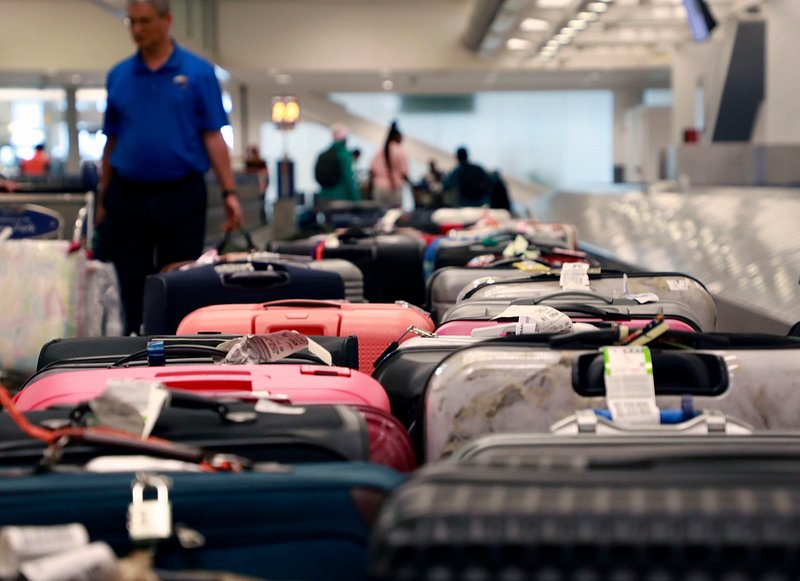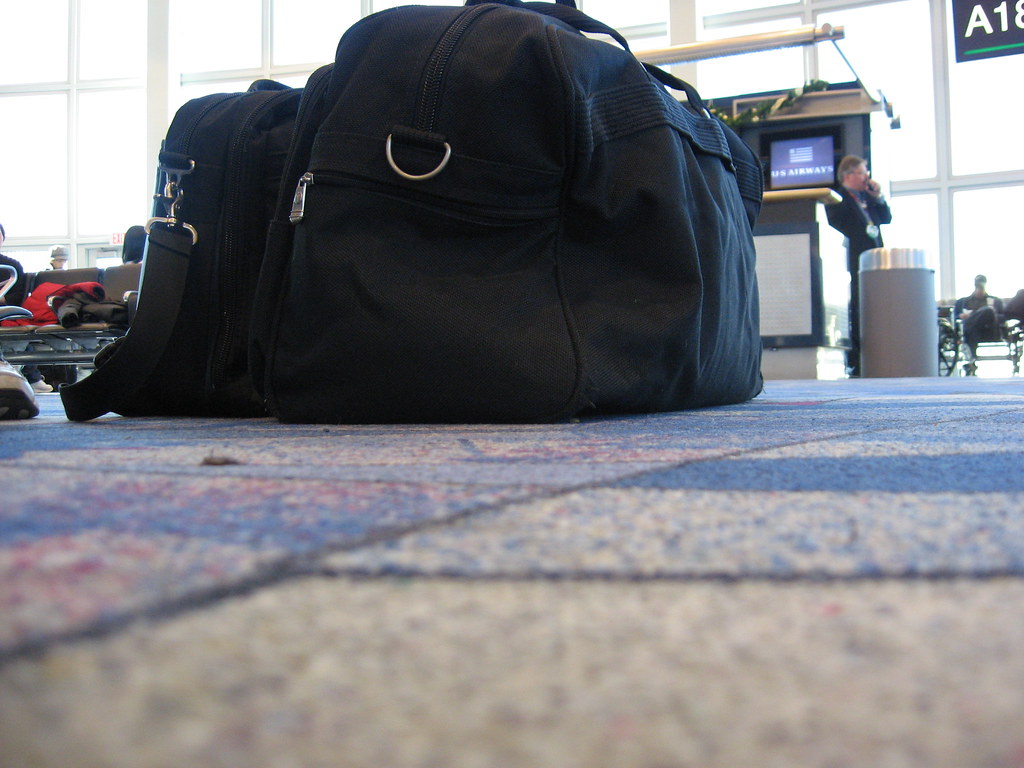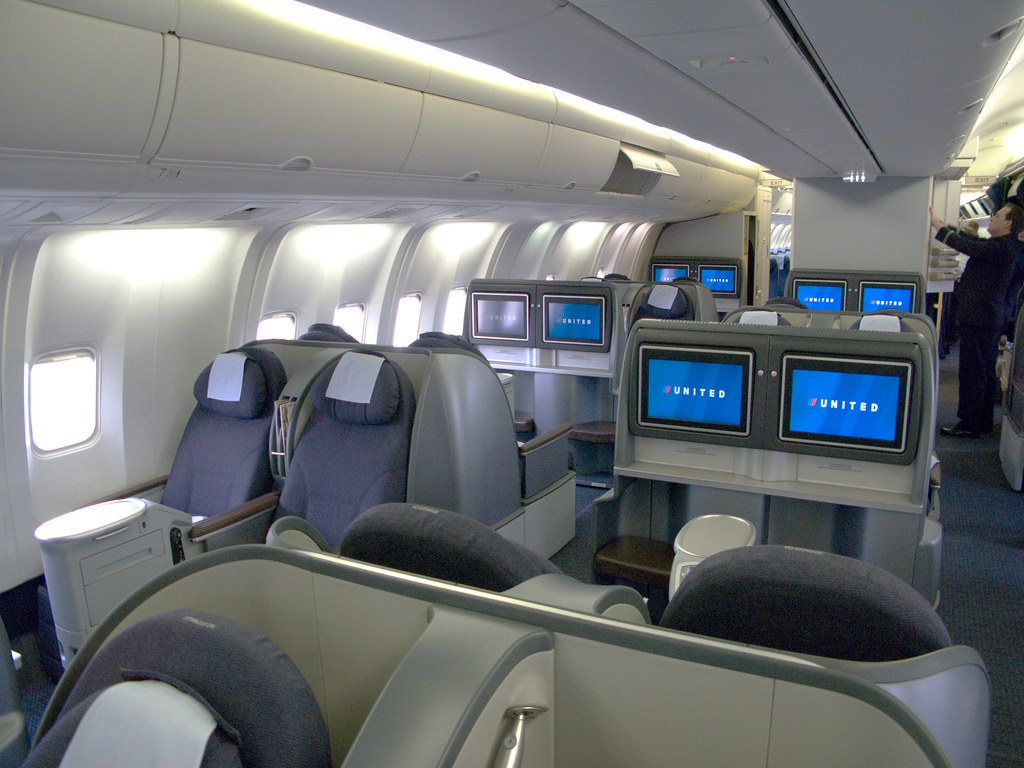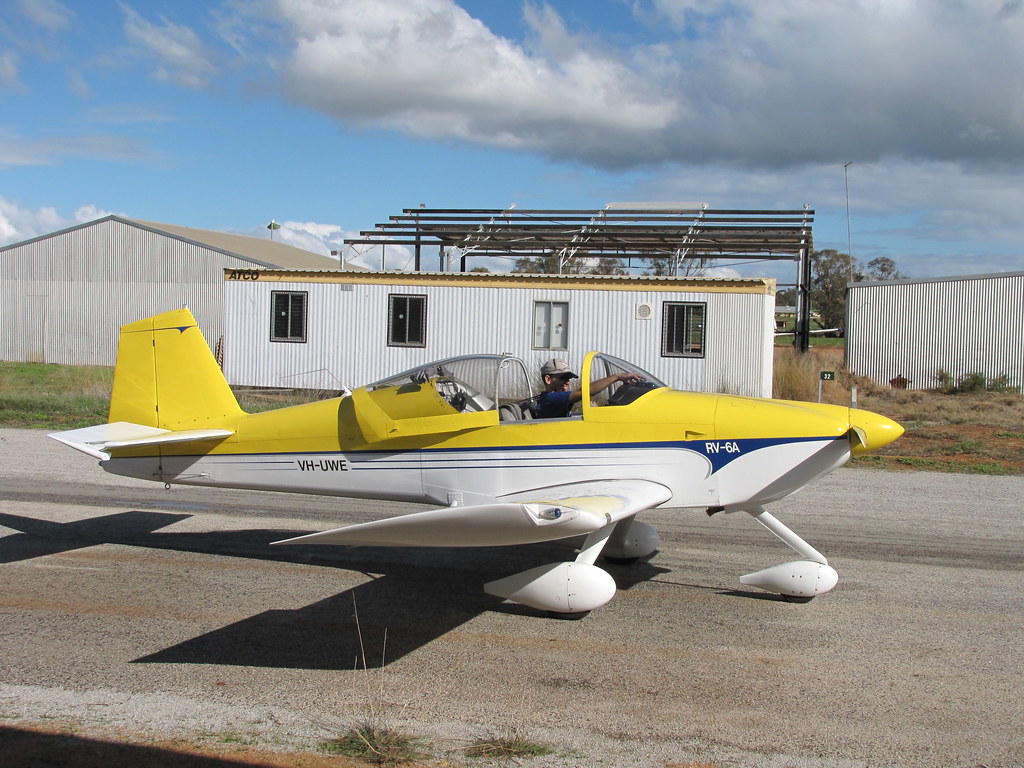Have you ever found yourself at the airport, staring incredulously at the luggage fee? You’re not alone. The age-old debate about why airlines charge for checked baggage instead of carry-on baggage is more relevant than ever, especially now that since January 2024, five of the six major airlines in the United States have increased checked baggage fees. For example, American Airlines now charges a standard baggage check-in fee of $40 at US airports, a significant increase of 33% from 2023. But why do airlines continue to charge passengers in this particular way?

The Economics Behind Airline Baggage Fees
As a business school professor with a keen eye for tourism trends, I have pondered this question multiple times. The answer is not as simple as people imagine; an important factor is the US tax law. Airlines need to pay 7.5% of domestic flight fares to the federal government. However, this tax does not apply to luggage fees, provided that these fees are listed separately from the airfare price. This loophole means that when airlines charge baggage fees separately, each round-trip ticket can save about $6 in taxes. Considering that passengers took over 800 million flights with major airlines last year, these savings are substantial for the aviation industry.
In fact, from 2002 to 2023, the practice of charging for checked baggage separately saved airlines approximately $5 billion in taxes. Given these numbers, it’s no wonder airlines are unwilling to return to the era of free checked baggage.
Passenger Perspectives and Complex Implications
But what does this mean for travelers? Interestingly, some people believe that luggage fees lead airlines to handle luggage more cautiously to justify the additional charges. The Transportation Statistics Bureau has tracked mishandled luggage, and the data shows that the handling situation has improved over the years. However, passengers’ dissatisfaction with luggage fees remains high.
The discussion goes beyond financial impact. Travelers shared their personal experiences, reflecting people’s different perspectives on this issue. Despite the high cost, some people prefer to check in their luggage to avoid the hassle of carrying it. Others choose to carry it with them just to avoid the risk of lost luggage, especially considering the recent luggage meltdown at the airport. The convenience of carrying items with you, coupled with avoiding potential theft or damage, makes carrying with you an attractive choice for many people.
Discussions about luggage fees are not limited to economic and convenience factors. Some travelers point out the benefits of light travel and the strategic packing that comes with it. Others lament losing the opportunity to volunteer for future flights in exchange for compensation, a benefit that baggage handlers cannot obtain. The debate also involves the efficiency of the boarding process and how carry-on luggage affects overall travel time.

Despite differing opinions, one thing is clear: the current baggage fee system is a complex issue deeply rooted in the economy, regulations, and passenger preferences of airlines. Will there be any difference in charging for carry-on instead of checked baggage by changing the current model? This is a question worth exploring, especially considering the potential benefits for airlines and travelers. However, with the realization of corporate interests, the possibility of this transformation remains uncertain.
The problem of luggage fees is multifaceted, and there is no simple solution. As travelers, our best choice may be to adapt to the constantly changing cost patterns of airlines and understand the truth of things. Whether we choose to check our luggage, carry it with us, or find a compromise, understanding the fundamental reasons behind airline policies can help us make wiser decisions and even find some comfort in our travel hardships.
Related posts:
Why do airlines charge so much for checked bags? This obscure rule helps explain why
If Checking a Bag Was Free, but You Had to Pay for Carry
Why airlines should charge for every bag you bring onboard




